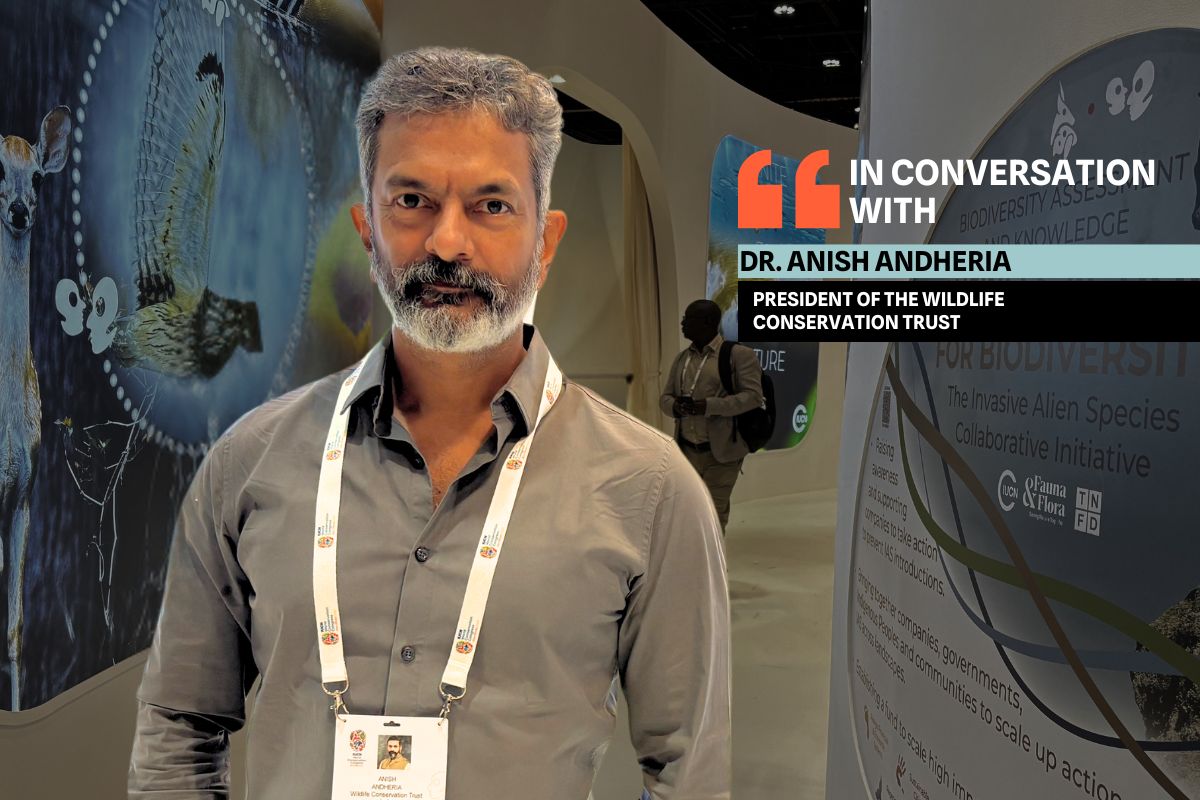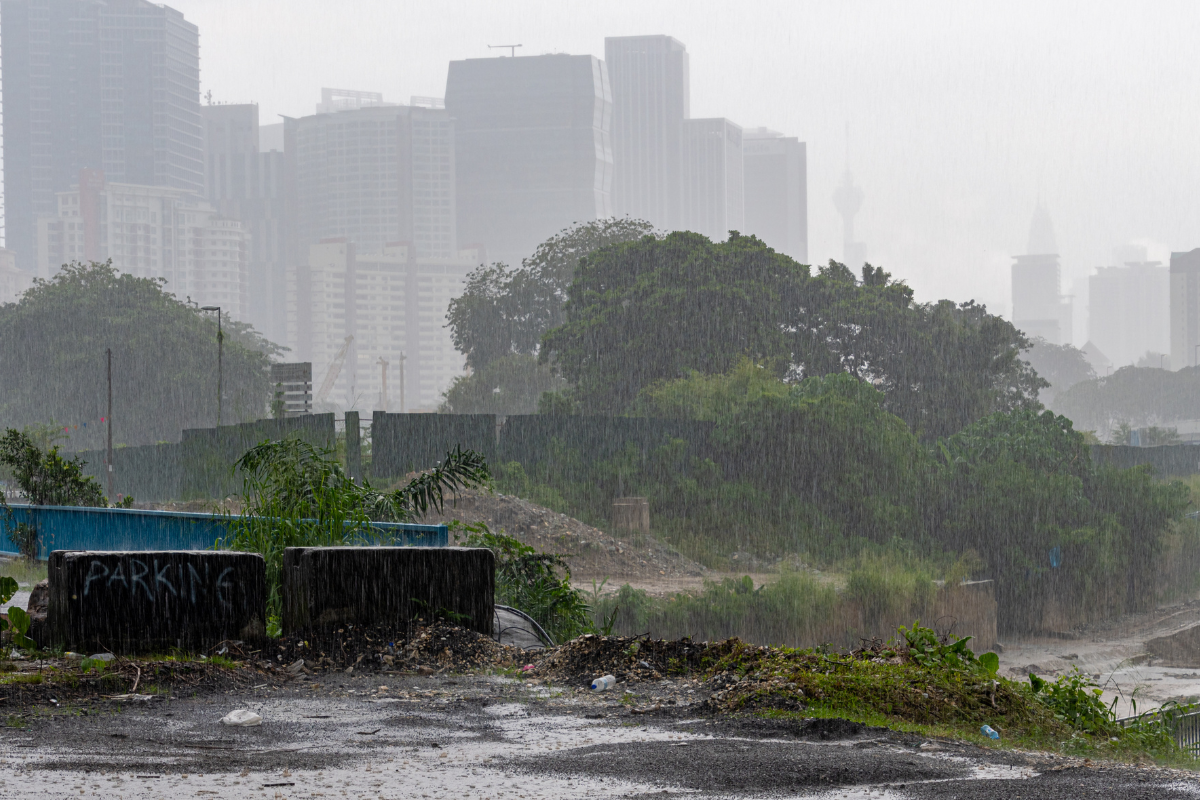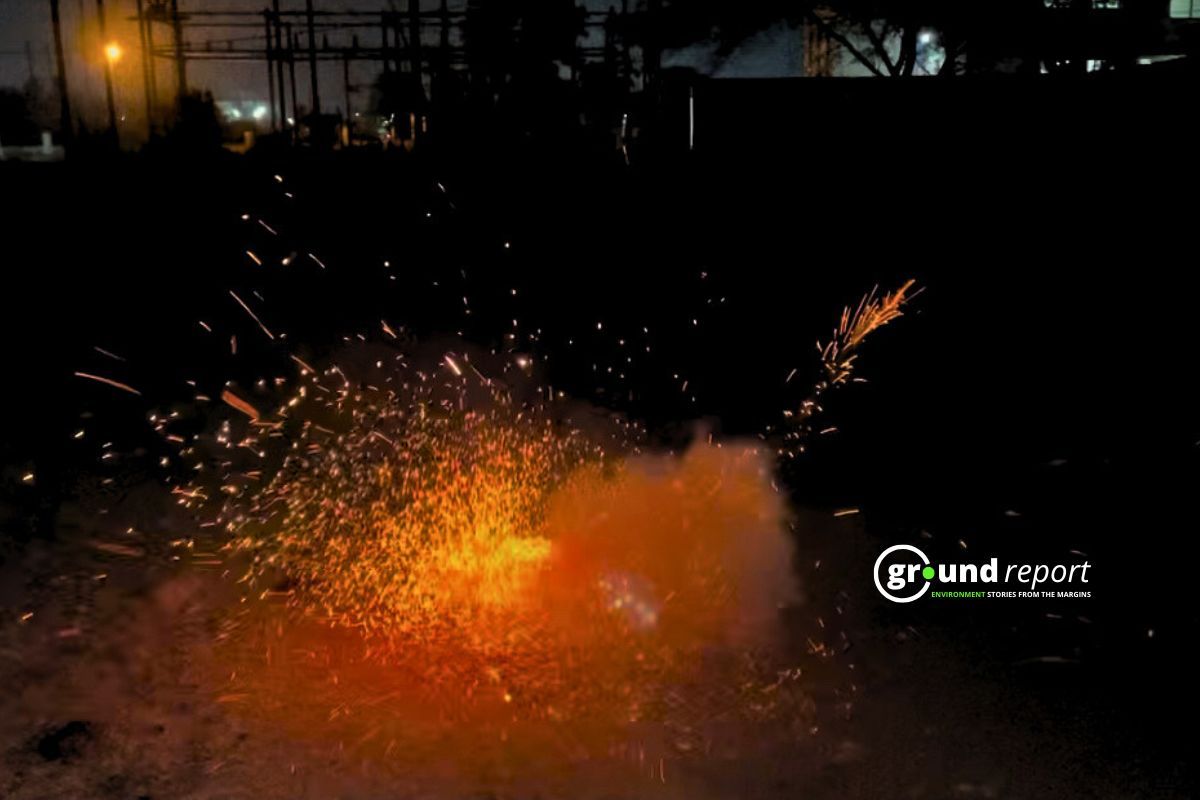Pulicat, surrounded by Ennore Creek on the north of Chennai, is famous for its wetland. Home to over 13 revenue villages it is considered to be the second largest brackish water body in India. It is also home to several rare species of birds including migratory birds such as bar-tailed godwits and greater flamingo and qualifies as a ‘Ramsar site’.
The Tamil Nadu government sent a shockwave with its plan to denotify a sizable area of the Pulicat wetland. The identification will exclude the villages thereby reducing the sanctuary’s eco-sensitive zone (ESZ). The district collector has sent a notification on the settlement of claims to the local villagers. The people are now concerned by the imminent threat of industrial development in the region’s present default ESZ.
According to Chief Wildlife Warden Srinivas Reddy, the 10-kilometre default ESZ will be inapplicable once the sanctuary is notified. The Chennai Climate Action Group states that this notification will facilitate 3 new industrial parks in the Gummidipoondi region, a proposed ESZ of the Pulicat Bird Sanctuary.
The timing of this plan is raising concerns, as it will clear major hurdles for the controversial Adani-Kattupalli port expansion, whose northern boundary will fall outside the ESZ when the Pulicat bird sanctuary area is reduced. During the 77th meeting of the Standing Committee of the National Board for Wildlife, a proposal for the use of 215.83 hectares of non-forest land for the development of an industrial park inside the ESZ, 5 km from the bird sanctuary, was discussed.
Local environmental action groups and over 207 individuals, including the Chennai Climate Action Group, have put forth a petition to the State Authorities and Chief Minister M.K. Stalin, urging them to protect the Pulicat Bird Sanctuary for ecological and social reasons and to settle the rights of people without reducing the sanitary boundary. When the current 10 km buffer would cease to exist, the ESZ would be declared based on the sanctuary boundary. When this happens the environmentalists say it will directly benefit Adani.
Violations of the Adani-Kattupalli Port Expansion Project
The Adani group port’s owner Marine Infrastructure Developer Private Limited, plans to increase the cargo-handling capacity of Kattupalli Port north of Chennai from the existing 24.7 million tons per annum (MTPA) to a whopping 320 MTPA. The total area which has been identified for the proposed expansion is more than 2472 hectares – equivalent to nearly 1500 football fields.
Environmentalists and the local community argue that the mammoth expansion project falls within the 10-km default ESZ. Any form of construction and industrial activities within the ESZ of any protected area are automatically subjected to prohibitions and regulations.
The project is prohibited under the Environmental Protection Act 1986. Polluting industries are not allowed in the ESZ within 10 km of a national park or sanctuary. Ports are a large, red-category, hazardous industry.
The Adani Group has suppressed vital information from the Ministry of Environment, Forests and Climate Change in its application for environmental clearance. The proposed expansion port will be just 2.1 km from the boundary of the Pulicat bird sanctuary, violating the Wildlife Protection Act, of 1972.
Furthermore, under Coastal Regulation Zone Notifications 2011 and 2019, ports are not permitted to be set up in high-erosion zones. The Adani Ports’ environment impact assessment report (EIA) states that the coast where the project is proposed is eroding at 8.6 m/year due to the existing ports and could completely erode the Barrier Island, which lies between Pulicat Lake and the Bay of Bengal.
The north coast near Kattupalli village faced severe erosion and the southern coast of Ennore is witnessing accretion from the construction of the Ennore port. The Kattupalli Port has been functional since 2012 and was constructed 1.8 km north of Ennore Port.
Damages in shrinking the ESZ of Pulicat
The consultation for Adani group’s proposed expansion of Kattupalli Port just north of Chennai was met with widespread vocal opposition from the local community. The project’s public hearing has been cancelled twice in three years.
The public hearing for the port expansion project was announced despite the pre-election promise by the ruling Dravida Munnetra Kazhagam (DMK) political party, to scrap the port expansion project. But this recent announcement has exposed the ambiguity that persists over the ruling state government’s commitment not to proceed with the project.
Local fishermen and environmentalists in Tamil Nadu are vehemently opposing the state government’s proposal to reduce the eco-sensitive zone (ESZ) around the Pulicat Bird Sanctuary from 10 km to 500 metres. The reduction of the sanctuary’s ESZ may exempt the Adani expansion project from needing clearance from the National Board for Wildlife, making it easier for the project to commence.
Experts state that one of the major concerns regarding the port expansion is the environmental degradation that the dredging for the project will cause in Pulicat Lake and the industrial pollution once it becomes operational. Experts remind us that the reduction of the ESZ will lead to the erosion of the lagoon sand bar, and wipe out the entire hydrology of Pulicat. The natural flood control system along the coast here will be under threat, as will groundwater resources and agricultural security.
Adani’s Kattupalli port project threatens a biodiverse area of mangroves, intertidal flats and associated fish nurseries.
The Pulicat region in the north of Kattupalli port is designated as ecologically sensitive and placed under CRZ-1.
Vaithianathan Kannan, a prominent wildlife biologist notes that Pulicat is a biodiversity hotspot that hosts around 250 species of birds, 50 of which are intercontinental species. While damage has already been done to a wide area of Pulicat, several industrial expansion projects proposed now will have a detrimental effect.
There are nearly a dozen fishing hamlets on this island whose fate hangs in the balance. Renowned environmentalist and writer Nityanand Jayaraman, who is vocal about the issues about Pulicat wrote in his X post, that “erosion triggered by the Adani Kattupalli Port has drastically altered the shoreline and hurt fishers. The proposed expansion “will redraw Tamil Nadu’s map.”
The project will also endanger the biodiverse estuarine system that several fisher communities rely on for their livelihoods. Lingappan, a 32-year-old farmer from Kattur village, told the South Firth that his family members are bracing for job losses because a large patch of land which they have cultivated for over 50 years is likely to be taken over for the project.
The fisher folks, environmentalists, and the local community are urging the state government for the maintenance of status quo of 10 km stressing that the Pulicat Lagoon is a wetland of national importance and to prevent industries such as the Adani Group from getting the upper hand in exploiting the environment and the people’s livelihood.
Keep Reading
Part 1: Cloudburst in Ganderbal’s Padabal village & unfulfilled promises
Support us to keep independent environmental journalism alive in India.
Follow Ground Report on X, Instagram and Facebook for environmental and underreported stories from the margins. Give us feedback on our email id greport2018@gmail.com.
Don’t forget to Subscribe to our weekly newsletter, Join our community on WhatsApp, and Follow our YouTube Channel for video stories.








